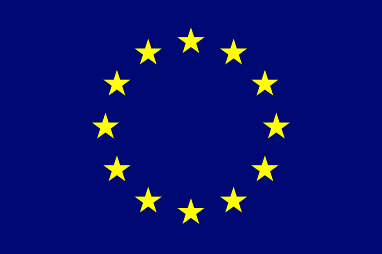Share:
World Humanitarian Summit follow-up: "We must all act now" joint statement and VOICE event

“We must all act now” is a statement made by 4 international and 2 national networks (Coordination SUD, ICVA, InterAction, NEAR, VENRO, VOICE) and is based on the declaration of Dr F. Sivignon, President of Medecins du Monde, at the Summits closing ceremony.
VOICE also held an event on 14 June in Brussels on follow-up to the World Humanitarian Summit.
Among the next steps suggested during the event are:
Process:
- Maintain a multi-stakeholder approach where it has worked
- Identify/create fora that can bring in emerging donors or member states who did not like the multi-stakeholder approach
- return to stakeholder groups in the process of identification of next steps, OR, seize momentum to bring in new stakeholders around key initiatives
- ensure monitoring processes around the outcomes of the Summit
Political level:
- leadership and political will to implement commitments
- Increase states engagement in conflict prevention and peacebuilding
- Start with UN security council - no veto in situations of mass atrocities
- Discuss options for UN reform
New approaches to aid financing and programming:
- System change, e.g. push for multi-annual financing and strategic planning
- At UN level, explore the possibility of assessed contributions as a means of funding humanitarian assistance
- Potential for private sector: in innovation and to look for business continuity in armed conflict (focus on SMEs)
- Work with development
- but not to achieve the Sustainable Development Goals: humanitarian principles must be preserved. Rather talk about what development needs to do (differently).
EU should:
- Simplify aid processes
- lead and invest in system change
- including on new IHL mechanisms to bring member states globally on board
- adapt and implement existing channels, initiatives, roadmaps, rather than reinvent the wheel (e.g. Consensus, resilience, Disaster Risk Reduction (DRR), forced displacement, gender)

